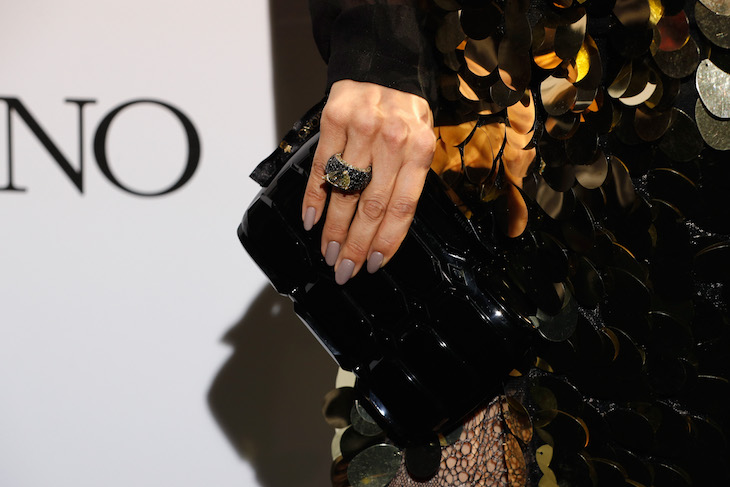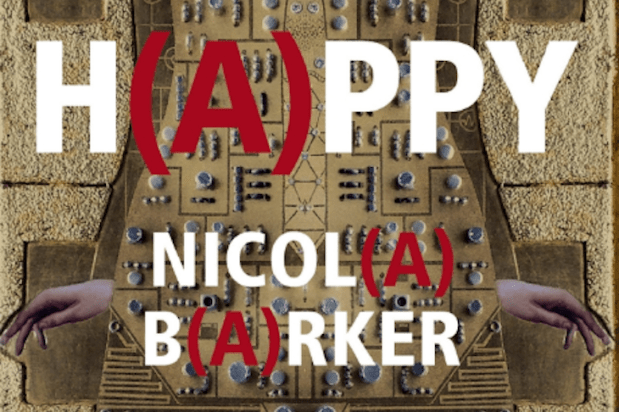Arriving at boarding school with the wrong shoes and a teddy bear in his suitcase, the hero of Elizabeth Day’s fourth novel is the latest in a long literary line of suburban lost boys sucked into the intoxicating orbit of a wealthy friend. F. Scott Fitzgerald, Evelyn Waugh, Patricia Highsmith, Ian McEwan, Alan Hollinghurst and Gillian Flynn have all done it before and we know the story never ends well. Day drops references to them all into her book, like olives into an increasingly dirty martini.
We know from the outset that a crime has been committed. We first meet Martin Gilmour in a police interview room, the day after his friend Ben Fitzmaurice’s 40th birthday party in the summer of 2012. As the detectives ask for the story of Martin and Ben’s friendship, we wonder: are they Nick Carraway and Jay Gatsby, or Tom Ripley and Dickie Greenleaf?
Martin’s own account finds him swinging between the roles. With a past of ‘gas fires and sausages in tins and bloodied Christmas cards dropped on an icy pavement’, he’s torn between envy and contempt for the aristocratic Fitzmaurices. Like Tom Ripley, he makes a calculated study of his target’s tastes before inveigling himself into Ben’s.
An award-winning journalist, Day casts a caustic eye over Ben’s entitled lifestyle: the exorbitant, rapper-endorsed trainers he wears with his Savile Row suits, the casually dominant shoulder-clasp and faux bonhomie in the way he addresses everyone as ‘maaaaaate!’ His Teflon elite circle is a thinly veiled Chipping Norton set, including a prime minister with an ‘eggshell smooth’ forehead and tiny eyes ‘pressed into the doughy expanse of his features like pebbles into the face of a snowman’.
A bestselling art critic, Martin winces at Ben’s flashier tastes. But the most killing scorn comes from Martin’s superficially sweet and devoted wife, Lucy. Day nicks a neat trick from the conflicting his/hers narratives of Gillian Flynn’s Gone Girl by giving us Lucy’s own version of events. The secretary in the Monsoon frock sees right through her husband’s social climbing, straight to the hollow core of Ben’s political ambitions. Although her back-story is too tidily lifted from template, Lucy’s voice adds depth, tension and surprising tenderness to an oft-told tale.
As readers, we’re as vulnerable as Martin and Lucy to the narcotic narcissism of the super-rich. It’s a guilty pleasure to sneak into Ben’s party, past the supermodels in their backless, sequinned gowns and the floating silver trays of ironic cocktails. We settle in, hoover up lines of Day’s wicked prose at an increasingly giddy pace and wait for the whole sickly scene to curdle into crime.
Got something to add? Join the discussion and comment below.
Get 10 issues for just $10
Subscribe to The Spectator Australia today for the next 10 magazine issues, plus full online access, for just $10.
You might disagree with half of it, but you’ll enjoy reading all of it. Try your first month for free, then just $2 a week for the remainder of your first year.














Comments
Don't miss out
Join the conversation with other Spectator Australia readers. Subscribe to leave a comment.
SUBSCRIBEAlready a subscriber? Log in